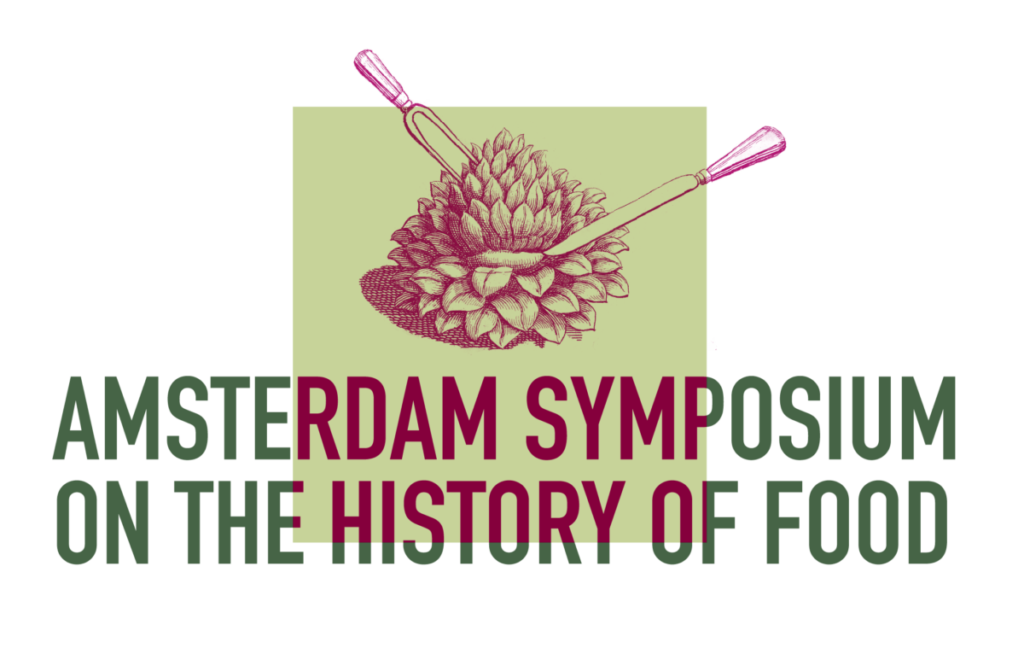Om het jaar organiseert het Allard Pierson het Amsterdam Symposium on the History of Food. Bezoekers van over de hele wereld komen samen om te spreken over en luisteren naar presentaties over de geschiedenis van eten, drinken en koken: een steeds belangrijker en populairder onderzoeksveld binnen verschillende academische disciplines, maar ook buiten de academische wereld.
Wetenschappers, studenten, journalisten, koks en eetliefhebbers zijn van harte welkom op het symposium. Het doel van het evenement is kennisuitwisseling, de verspreiding van academisch onderzoek naar een groter publiek en het stimuleren van onderzoek binnen de Collectie Geschiedenis van de Voeding van het Allard Pierson. De voertaal tijdens het symposium is Engels.
Advisory Board
Prof. Dr. Ir. Louise O. Fresco; Mrs. Claudia Roden; Prof. Dr. Peter Scholliers; Prof. Dr. Irene E. Zwiep.
Het volgende Amsterdam Symposium on the History of Food zal in april 2025 plaatsvinden.
Voorgaande jaren
2022 – Food and the Environment
2019 – (Post)Colonial Foodways
2018 – Body and Soul
2017 – Making Sense of Taste
2016 – Fire, Knives and Fridges
2015 – Food, Hunger and Conflict
2014 – Cooking up the Low Countries : Textual and Visual Representations of Culinary Culture in Belgium and the Netherlands (16th-21st century)
Het Amsterdam Symposium on the History of Food is mede mogelijk gemaakt door het Amsterdam Universiteitsfonds, Amsterdam School for Historical Studies – Universiteit van Amsterdam, Bibliotheken Eemland, Carrera Culinair, CIRFOOD, Fontaine Uitgeverij, Hotel De l’Europe, Huizinga Instituut, LAM, Nijgh Cuisine, Rural and Environmental History Group, Wageningen University & Research, Stichting Gastronomische Bibliotheek, Uitgeverij Terra and Allard Pierson | Collecties van de University of Amsterdam.
